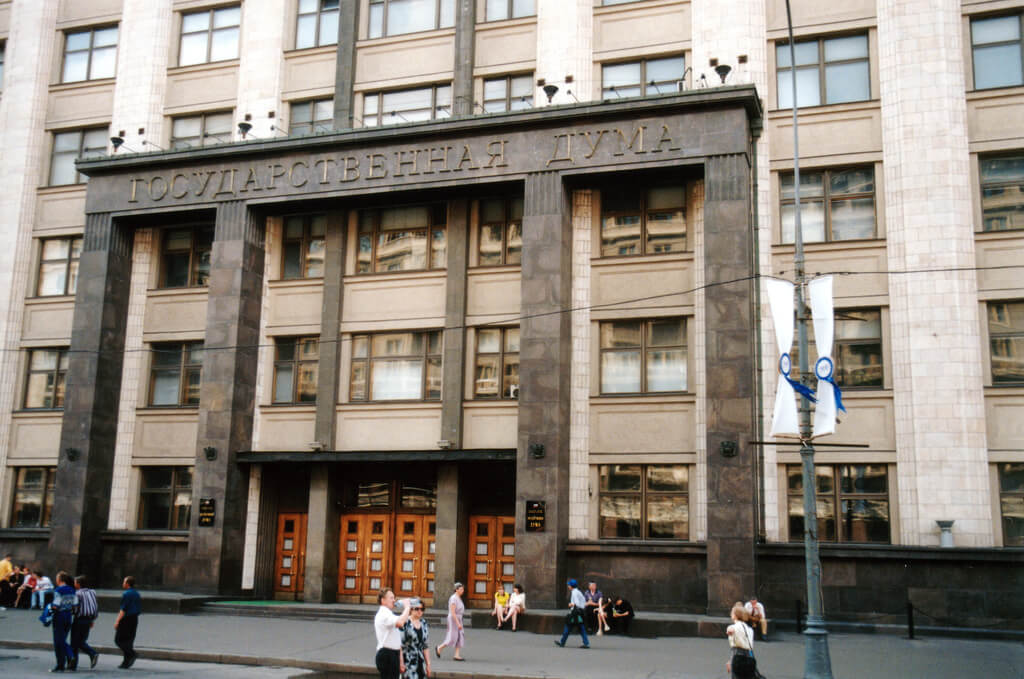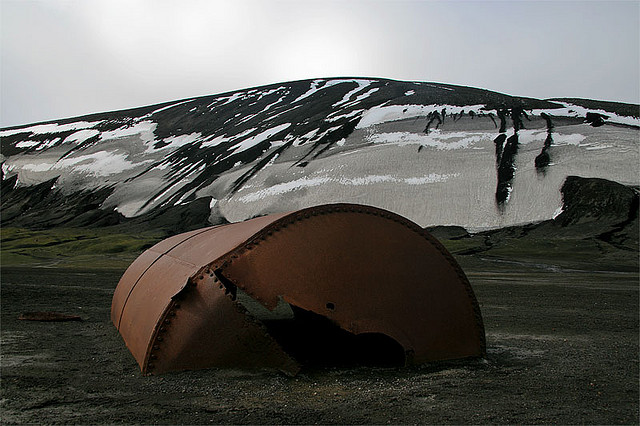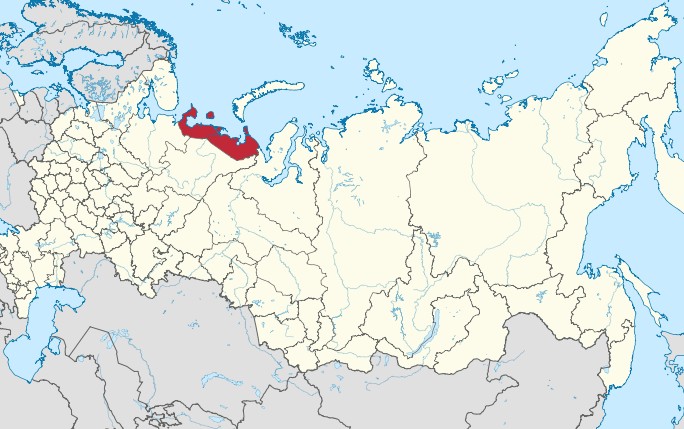The Nenets, also known as Samoyeds, are an indigenous people in northern arctic Russia. According to the latest census in 2002, there are 41,302 Nenets in the Russian Federation, most of them living in the Yamalo-Nenets Autonomous Okrug and Nenets Autonomous Okrug.
There are two distinct groups based on their economy: the Tundra Nenets (living far to the north) and the Khandeyar or Forest Nenets. The third group Kominized Nenets (Yaran people) has emerged as a result of intermarriages between Nenets and the Izhma tribe of the Komi peoples.
After the Russian Revolution, Nenets culture suffered considerably. The government of the Soviet Union tried to force the nomadic peoples to become sedentary. They were forced to settle in villages and their children were educated in state boarding schools, which resulted in erosion of their cultural identity. Many, especially in the Nenets Autonomous Okrug lost their mother tongue and became assimilated. Since the 1930s, a few Nenets have come to express themselves through professionalized cultural media.
Nenets culture and lands have also suffered as a result of industrialization . Because of the expansive gas and oil industry, the reindeer pastures are shrinking and overgrazing of certain areas in some regions (Yamal Peninsula) have further endangered the Nenets way of life. It has also been documented that climate change is causing problems for nomadic Nenets reindeer herders, as certain parts of the land they need to cross is only accessible in winter – which now comes later and leaves earlier.
Adapted from Wikipedia’s article on the Nenets people




